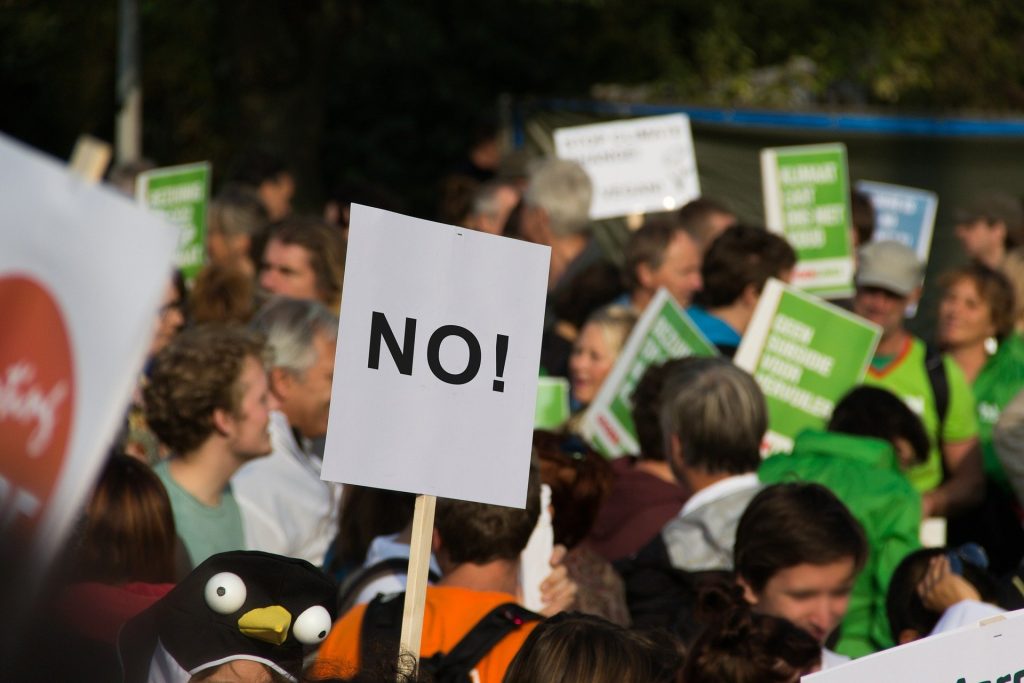A Public Archive for Opioid Lawsuit Information
In order to improve transparency about the opioid crisis, the University of California San Francisco and Johns Hopkins University launched a digital public archive of documents from lawsuits against drug manufacturers.
The digital repository of publicly disclosed legal documents related to the crisis allows free, public access to anyone interested in the continuing litigation and uncovered evidence.
“All too often, the public never gets the benefit of seeing and learning from litigation that generally takes place behind closed doors,” said Caleb Alexander, MD, a professor of epidemiology and medicine at Johns Hopkins and the founding co-director of the Center for Drug Safety and Effectiveness, which will assist in maintaining the archive.
“Our focus is to be sure that the millions of pages of documents arising from opioid litigation ultimately see the light of day,” Alexander told MedPage Today. “We owe it to all those who have been impacted — especially patients and their loved ones — to see to it that these materials are placed in the public domain.”
The goal of the archive is to provide transparency into the methods used by drug companies to increase opioid sales, which led to the opioid epidemic in which, according to the CDC, over the past two decades, nearly 500 000 Americans died of overdoses involving an opioid. Additionally, the economic cost of the crisis in 2015-2018 was put at $2.5 trillion by the White House Council of Economic Advisers.
Most of the archive’s documents were released thanks to efforts by the Washington Post and the Charleston Gazette. Records include company emails, memos, presentations, sales reports, audit reports, budgets, Drug Enforcement Administration briefings, expert witness reports, and depositions of drug company executives.
The archive is located on a website called Drug Industry Archives, a UCSF project that houses documents illustrating how the pharmaceutical industry, academic institutions, continuing medical education organizers and regulatory agencies impact public health. (UCSF also maintains similar archives related to tobacco, food, chemicals, and fossil fuel industries.)
The Opioid Industry Documents Archive presently holds over 3300 legal documents, much of it coming from litigation in Kentucky and Oklahoma, as well as documents from the Insys investigation, which sold an oral fentanyl spray called Subsys. This archive’s launch coincides with the university hosting over 250 000 documents produced during Insys’ bankruptcy proceedings that resulted from successful lawsuits and criminal prosecutions.
“We don’t really know what’s in these documents yet, but there is a wealth of information,” said Kate Tasker, an associate librarian at UCSF who helps manage the archive. “Our number one goal is to make this information accessible and useful.”
Alexander said the opioid crisis was “an epidemic of catastrophic public health proportions.” He said that placing legal documents in the public domain is a crucial step to ensure that lessons are learned from the crisis.
“The primary goal is to ensure that history never repeats itself,” Alexander said. “And we can’t learn from past mistakes without understanding what those mistakes have been.”
Source: MedPage Today



